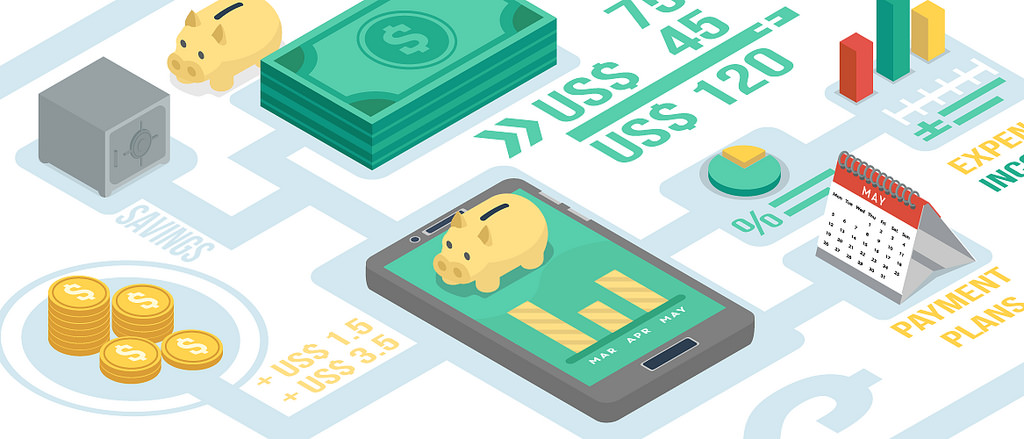FinTech is the
business of accelerating financial services through technology. These services
include the ways in which consumers and businesses manage, move and store their
money. Initially, Fintech was buttressed by start-ups but now tech giants and
deep pocketed banks are also contributing towards the development of the
industry.
Mobile phones
worked as a boon for finance industry. Despite having low potential customers,
companies like Alipay and WeChat Pay in China, Paytm in India, and M-Pesa
in Kenya were quintessentially making profit by intensifying their services to
wealthier customers.
Facebook
emerged as a new player in the industry as it plans to instigate Cryptocurrency
in public. With its magnanimous social media reach of 2.4 billion active users
every month, Facebook is projected to attract even more audience to its digital
currency called Libra. Libra is expected to launch in 2020. Last year, global
remittances by migrants reached a record of $689 billion. If Libra could tackle
even a small portion of that, it can gain enormously. Till now, policymakers in
the U.S. and other superpowers are opposing this plan as it could undermine their
monetary authority. Mark Carney, governor of the Bank of England, alluded that
central bankers could create a digital currency on their own as an
alternative to permitting tech giants to do so.
North America is
gradually cultivating Fintech businesses. Till August, U.S. banks had
already made 24 fintech investments in 2019. The most agile were Goldman Sachs,
Citigroup, and JPMorgan Chase. Start-up Robinhood Financial, Credit Karma are
each valued at $4 billion or more. India—home of start-up Paytm—surpassed China
in the number of fintech deals. But China still boasts its most treasured
fintech Lu.com valued at $39 billion.


Comments
Post a Comment